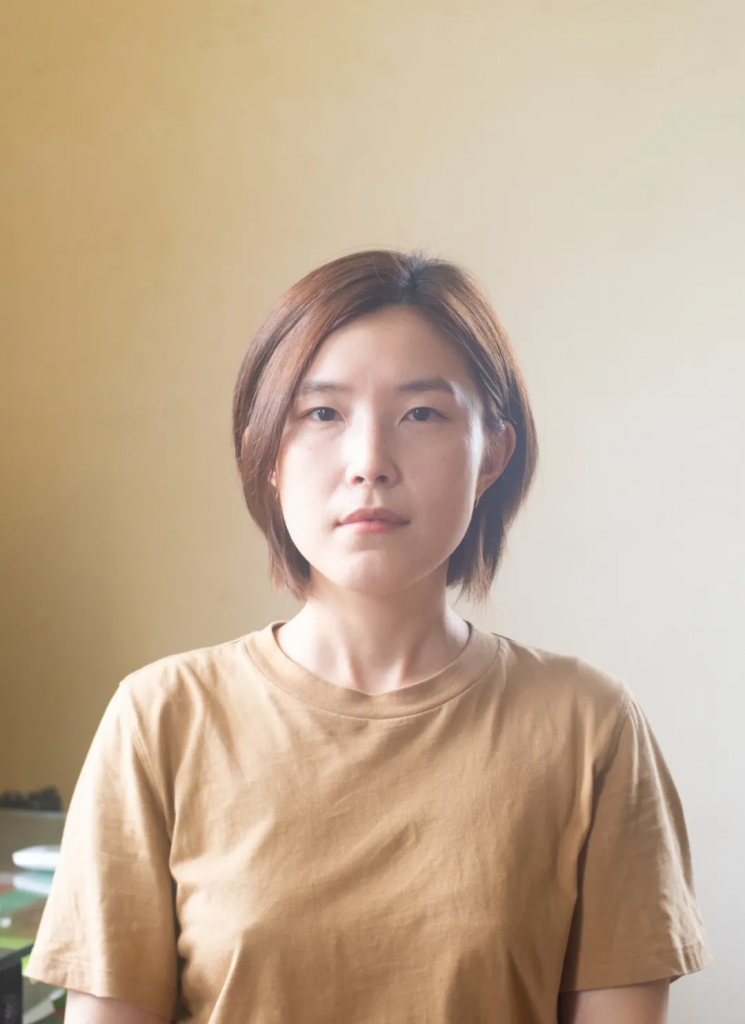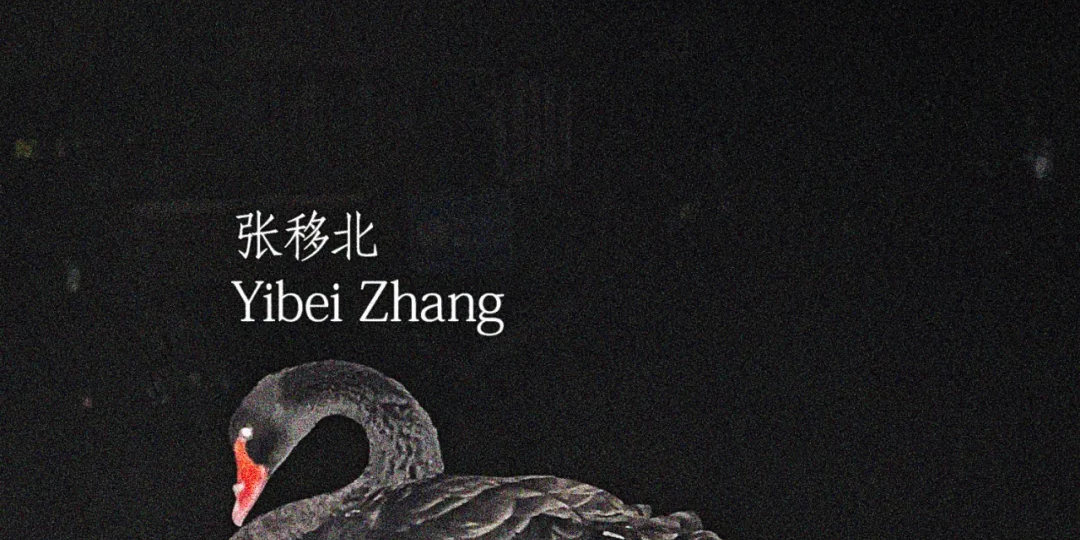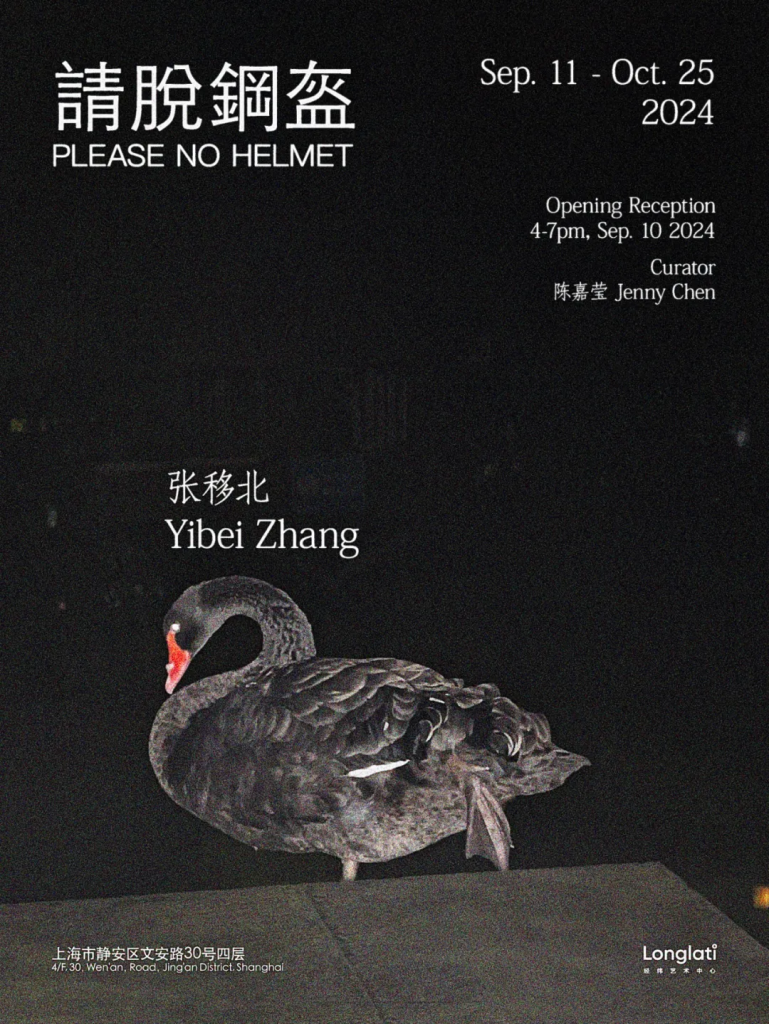
Longlati is pleased to announce a solo exhibition featuring the artist Zhang Yibei (b. 1992, Daqing) on September 10, 2024. This marks her debut institutional solo exhibition and signifies the conclusion of Longlati’s residency program. Centring on psychological themes that she has been exploring in recent years, Zhang will employ her distinctive sculptural language to construct a topological ocean park evocative of Alice in Wonderland within the exhibition hall A in Longlati.
The title “Please No Helmet” originates from a sign Zhang acquired in Malaysia, originally intended for local shops to discourage individuals from entering while wearing helmets. She repurposed the sign for her studio entrance, humorously reminding visitors to “let down their guard.” This seemingly ineffective public directive was thus transformed into an amusing encouragement. Alongside her studies in psychoanalysis and introspective exploration of individual consciousness, Zhang delved into a series of visual explorations of defence mechanisms. From animals (such as limpets, sand dollars, and helmet urchins) to sports weapons (like fencing sabres) and personal items (including bulletproof briefcases, luxury accessories, and cosmetics), these objects all unveil the secret techniques of self-protection in nature and society. Through sculpting practices imbued with personal emotions and cross-species sentiments, Zhang scatters these objects in space based on her perception of defence levels, inviting the audience to encounter them through an unconventional exhibition path.
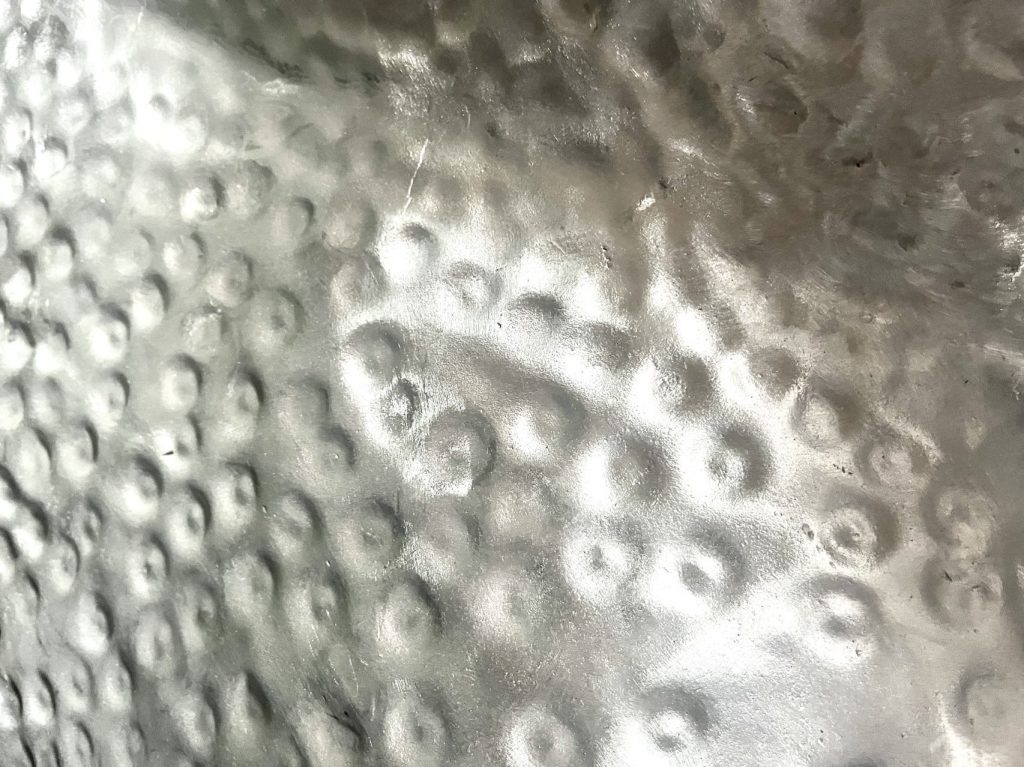
Yibei Zhang, Helmet (part), 2024, mixed material, dimension variable. Courtesy the artist
In the face of potential danger or direct attack, molluscs retract their soft bodies into shells, ostriches bury their heads in the sand, and cats may hiss with flattened ears. While humans may not need to fear predators or constantly worry about survival, they still perceive a lack of security as a threat. From childhood, our anguished experience of interactions with others gradually develops into complex defence mechanisms, shaping our personality traits. The animal world functions similarly, where evolved forms and behaviours to resist harm not only establish survival boundaries but also define biological characteristics. Sometimes, this evolution is quite evident, such as the Rococo-like shell patterns of bivalves, where the softer core leads to a harder, eccentric exterior. However, defence mechanisms are always two-sided; while they aim to eliminate sources of harm, they also inevitably diminish one’s tolerance and inclusivity. Navigating this dialectical relationship seems to be an eternal life lesson.
This exhibition continues the contemplation of human social intricacies and empathy with deep-sea creatures in the “Sophia” series. If this previous series was a material reflection on the artist’s dim inner self, this time, Zhang delves into the psychological labyrinth to speculate the concept of defensiveness. Even so, her creations remain rooted in object-oriented ontology, which may explain her heightened sensitivity towards others and the concealed ethical intentions in her works. Throughout her works, the artist’s position as the creative subject never overshadows the objects, allowing them to maintain their inherent existence and independence. Despite the intricate relationships at play, the creator cannot indicate the entirety of her work, rendering any attempt to uncover the essence of Zhang’s creations destined to fail. Within this exhibition, the countless interpretation possibilities, coupled with the artist’s open-ended explanations, can also be viewed as an attempt to lower her defences.
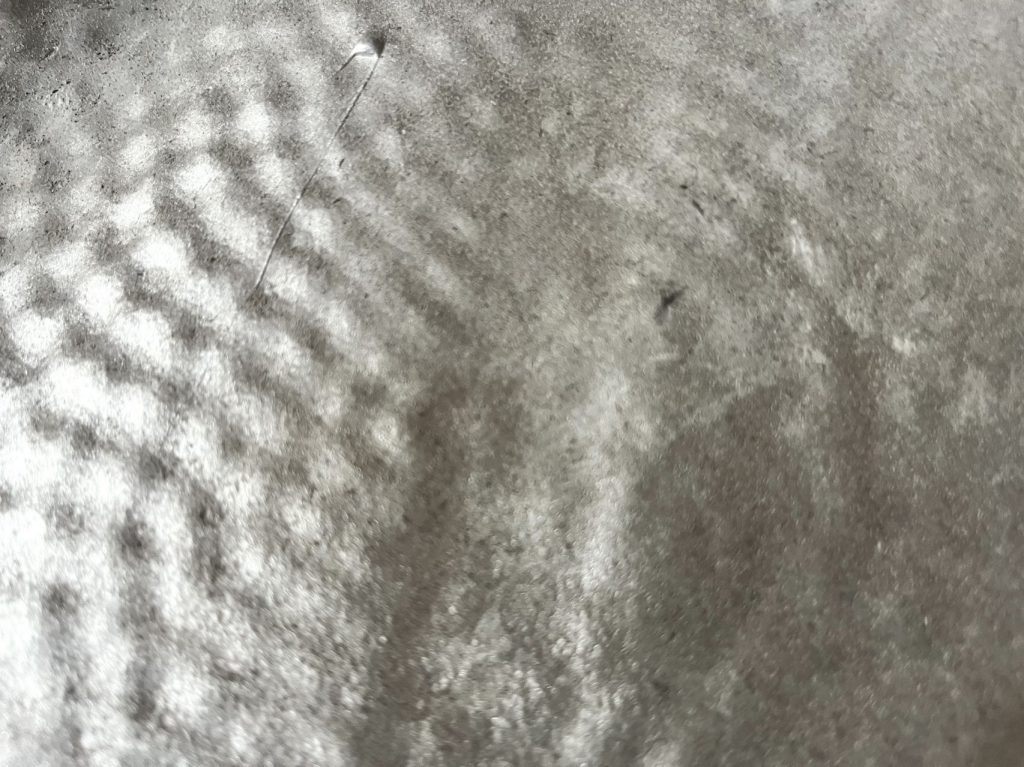
Yibei Zhang, Helmet (part), 2024, mixed material, dimension variable. Courtesy the artist
About the Artist
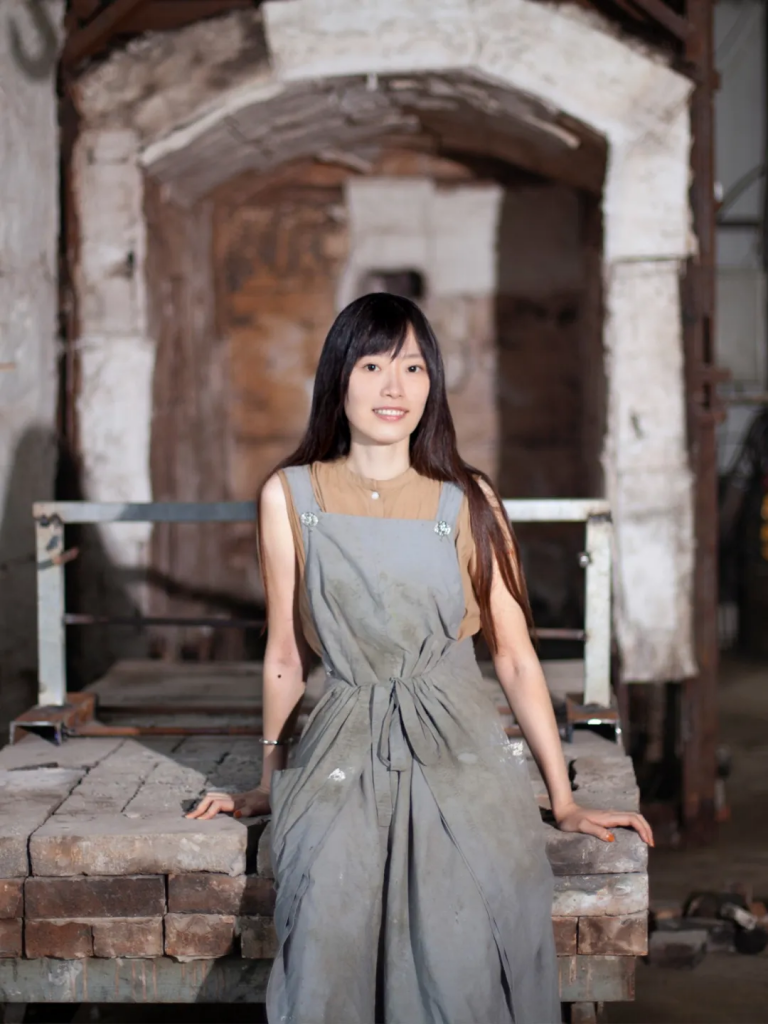
About the Curator
